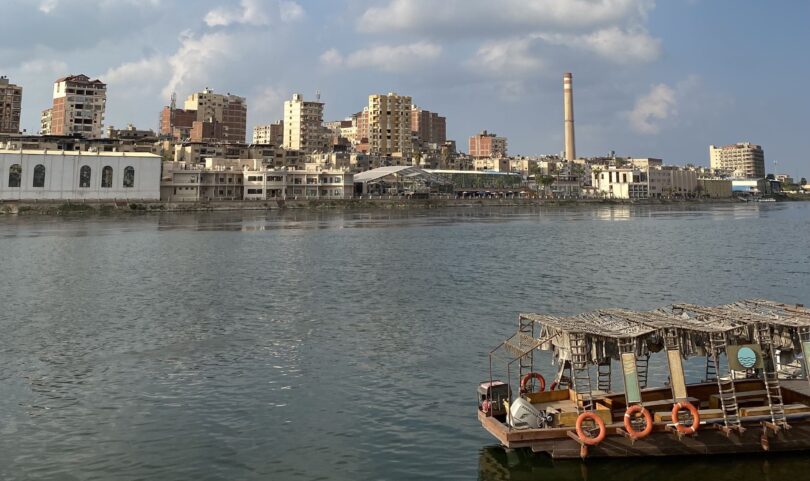Mansoura, EGYPT – Since the beginning of history, the Nile River has supported the great civilizations of Egypt. The Nile was and still is so important to Egypt and its people.
Listen to the author read this article:
It’s the source of life in our land for thousands of years.
The Nile is not just a river – it’s way more than that. During the time of ancient Egypt, people treated the river as a holy place. It was a symbol of giving and generosity, the source of their life and strength.
According to ancient beliefs, the Egyptian god Hapi, the god of floods and fertility, controlled the Nile. The people prayed for him to make sure the river would give them the annual flood to water crops.
For years, Egyptian life centered around the Nile. They relied on the Nile for drinking, agriculture and transportation. Even the calendar was organized according to the time of floods and drought.
After 7,000 years, Egyptians still respect and honor their great Nile river today and connect it to their presence and identity. The country relies on the Nile for up to 97% of its water, according to the Egyptian Ministry of Irrigation.
But people here are worried about the Nile’s future.

Since 2011, Ethiopia has been working on a huge dam project on the river called the Grand Ethiopian Renaissance Dam.
During this period, Egypt was having a revolution, which made it easier for Ethiopia to begin the project.
By 2015, the situation in Egypt was under control, and both Egypt and Sudan – which also relies on the Nile – demanded that Ethiopia start working on an agreement to make sure their share of the river is not going to be affected.
In the same year, Egypt, Ethiopia and Sudan signed the Grand Ethiopian Renaissance Dam Document which was supposed to be the start of finding a solution.
Unfortunately, after 10 years, no solution was reached, despite the support of many countries and organizations. Ethiopia still opened the dam last month without a deal in place.
In 2020, Egypt and Sudan reported to the United Nations Security Council that the Ethiopia’s building of the dam as a source of water for a country like Ethiopia is a violation of the UN agreement for shared international rivers.
“We are concerned, but we have a huge trust in our government to protect our water resources,” said Youssef Ali, 19, a literature student at Mansoura University.
According to a 2021 UNICEF report, Egypt is dealing with severe water scarcity. There is a water deficit of around seven billion cubic meters a year, according to the report, which said the country could run out of water this year.
Egypt has made it clear that any damage caused from the blockage of water by the dam would give Egypt the right to defend its water resources, even with a non-peaceful solution. And Sedki Sobhy, Egypt’s minister of defense said in 2017 speech that the national military and defense forces were ready to deal with any situation.
Despite these statements, Egypt is sticking with a diplomatic solution for now.
“I am sure our government and military can deal with the situation under any circumstances,” said 20-year-old Mohamed Saber, an engineering student at Mansoura University.
People here really hope to find a solution as soon as possible so their concerns can finally evaporate.
Ahmed Elkhamisy is a Reporter with Youth Journalism International.



